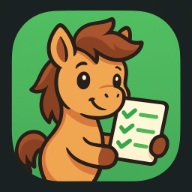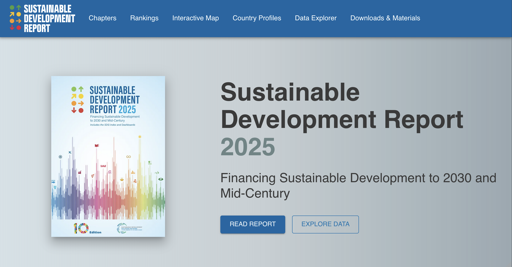

Never heard of something like that, and I suspect anyone who started creating it soon filed it under “Really bad ideas” alongside “Whoops, why did my kernel just stop?”
sar is the traditional way to watch for high load processes, but do the basics first as that’s not exactly trivial to get going. Things like running htop. Not only will that give you a simple breakdown of memory usage (others have already pointed out swap load which is very likely), but also sorting by cpu usage. htop is more than just a linux taskmgr, it’s a first step triage for stuff like this.






It happens every day. Hundreds if not thousands of times.